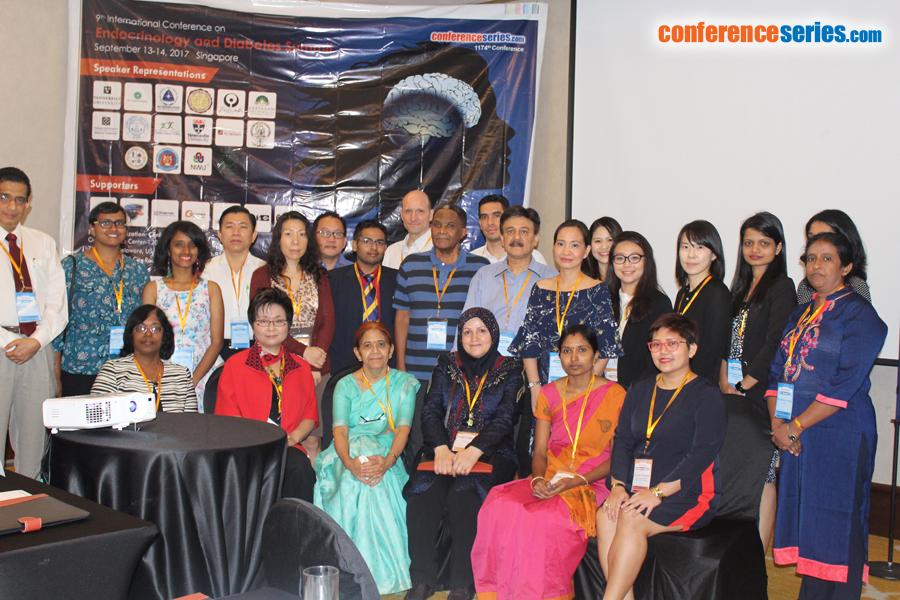
Priyanga Suriyamoorthy
Karpagam University, India
Title: Macrotyloma uniflorum induced expression of adiponectin exerts antidiabetic action in STZ treated rats
Biography
Biography: Priyanga Suriyamoorthy
Abstract
Despite extensive progress in the treatment of diabetes by oral hypoglycemic agents, search for newer drugs continues because the existing synthetic drugs have several limitations. Previous studies carried out at our laboratory and others have reported the hypoglycemic effects of M. uniflorum in STZ induced diabetic rats. The present study is aimed to evaluate the effect of ethanolic extract of M. uniflorum leaves and isolated compounds in the regulation of adiponectin in vivo and in vitro, in order to delineate the effect of this plant on adiponectin expression in diabetes. The plasma adiponectin levels were decreased in the diabetic rats. This is associated with reduced adiponectin mRNA expression in adipose tissue of STZ induced rats. Treatment with the ethanolic extracts of M. uniflorum up-regulated the expression of adiponectin. To identify and delineate the individual compounds responsible for enhancing adiponectin levels, the extract was subjected to fractionation and nine compounds were isolated and screened using molecular docking analysis. From these results, four compounds were selected for in vitro analysis. The crude extract and four compounds were used to assess cytotoxicity through MTT assay in 3T3-L1 cells. Based on the results obtained from cell proliferation assay the crude extract, CPD 7 and CPD 8 exhibited significant proliferative effect when compared with control cells. Two compounds and crude extract were further chosen to study the expression of adiponectin gene pattern using 3T3-L1 cells. The adipocytes treated with ethanolic leaf extract of M. uniflorum (1 µg/ml and 10 µg/ml), CPD 6 (50 µM and 100 µM), CPD 7 (50 µM and 100 µM) and Glibenclamide (50 µM and 100 µM) for 48 hours exhibited up-regulation of adiponectin mRNA expression as compared with control cells. These results demonstrate that the hypoglycemic effect of M. uniflorum may be mediated through enhanced adiponectin levels.



